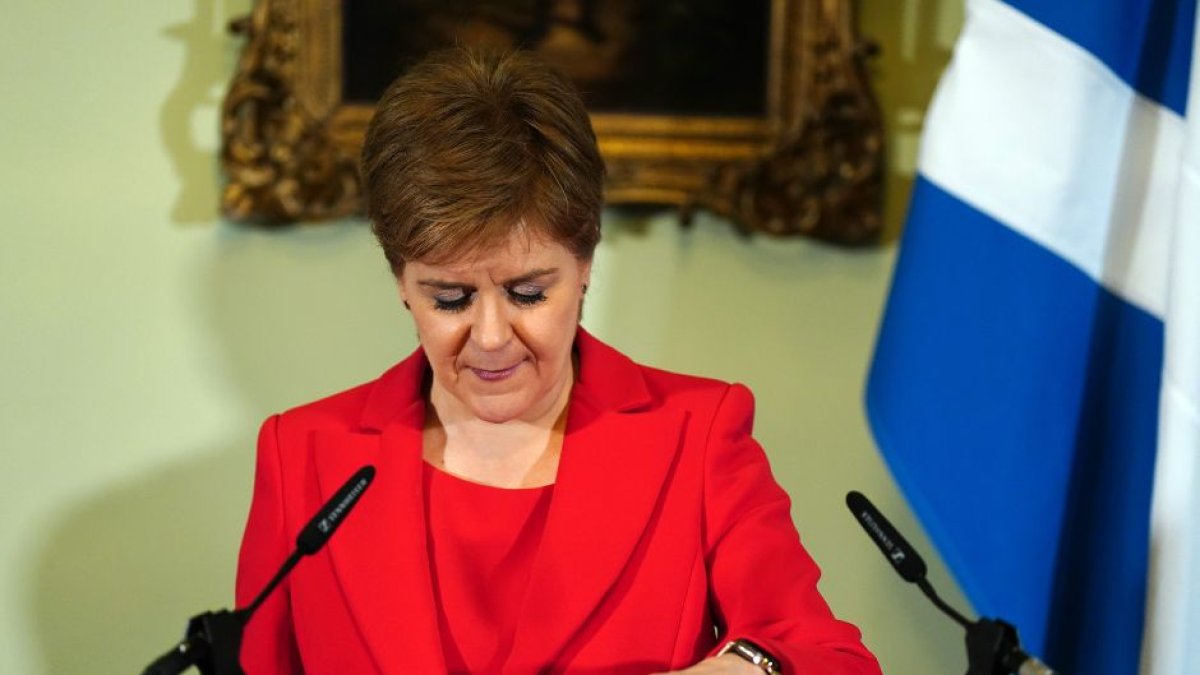Nicola Sturgeon resigns as First Minister of Scotland
After eight years in office, recent controversies, such as the trans law, led 42% of voters to demand Sturgeon's resignation.

(Nicola Sturgeon / Cordon Press)
Scotland's first minister, Nicola Sturgeon, has announced her resignation. The latest controversies of the Scottish government, in particular, the trans law, which placed trans rapists in a women's prison, had sunk her popularity, with polls showing 42% of Scots calling for her resignation.
Sturgeon came to office in 2014, following the resignation of Alex Salmond and prompted by the "no" vote for independence in the national referendum held that year. At the press conference in which she announced her farewell, she indicated that she will remain in her post until the Scottish National Party (SNP) chooses her replacement.
SNP awaiting appointment of Sturgeon's replacement
Although the abruptness of her decision has come as a surprise, it was already taken for granted in circles close to the nationalist leadership that Sturgeon would not run for re-election in the next election. The SNP leader has recently suffered a series of political setbacks, including the defeat in the British High Court of her plans to hold a new referendum on independence and, in particular, the controversy caused by the sending of the double rapist, Bryson Island, to a women's prison after declaring that she is now a trans woman.
Among the names circulating as possible replacements are John Swinney, Sturgeon's deputy prime minister, a man who holds Sturgeon's full confidence; Angus Robertson, Scottish Secretary for Culture and Foreign Affairs; Kate Forbes, the Scottish Finance Secretary, who is currently on maternity leave after having her first child, and Humza Yousaf, Health Secretary, one of the most esteemed Muslim and BAME politicians.

























